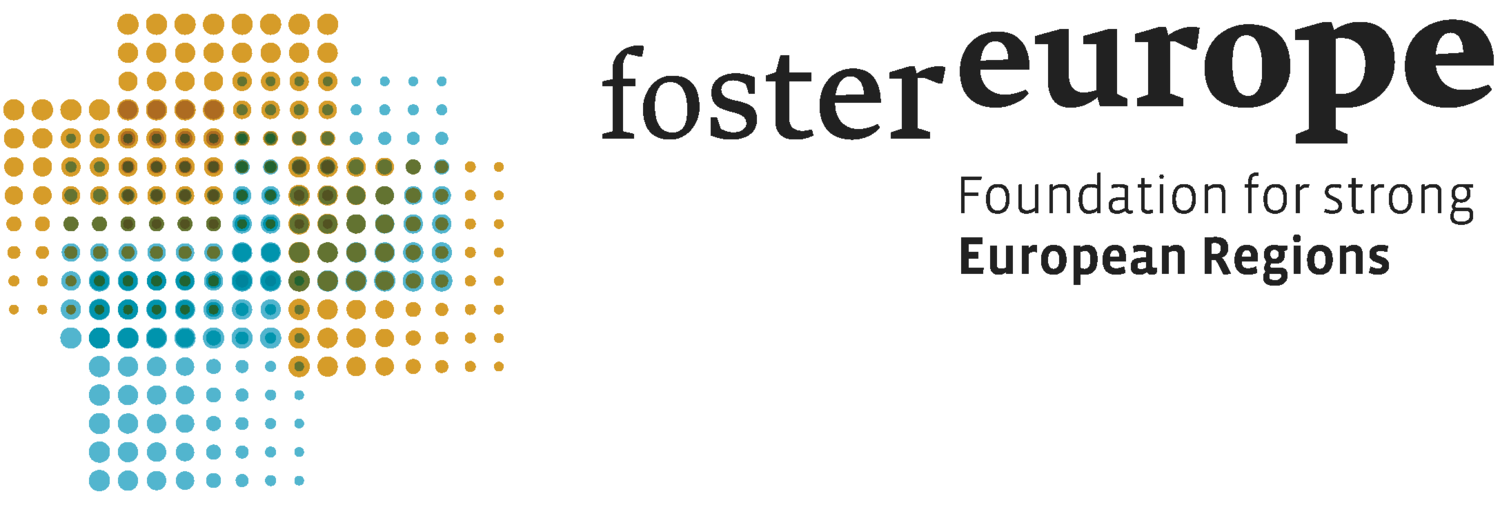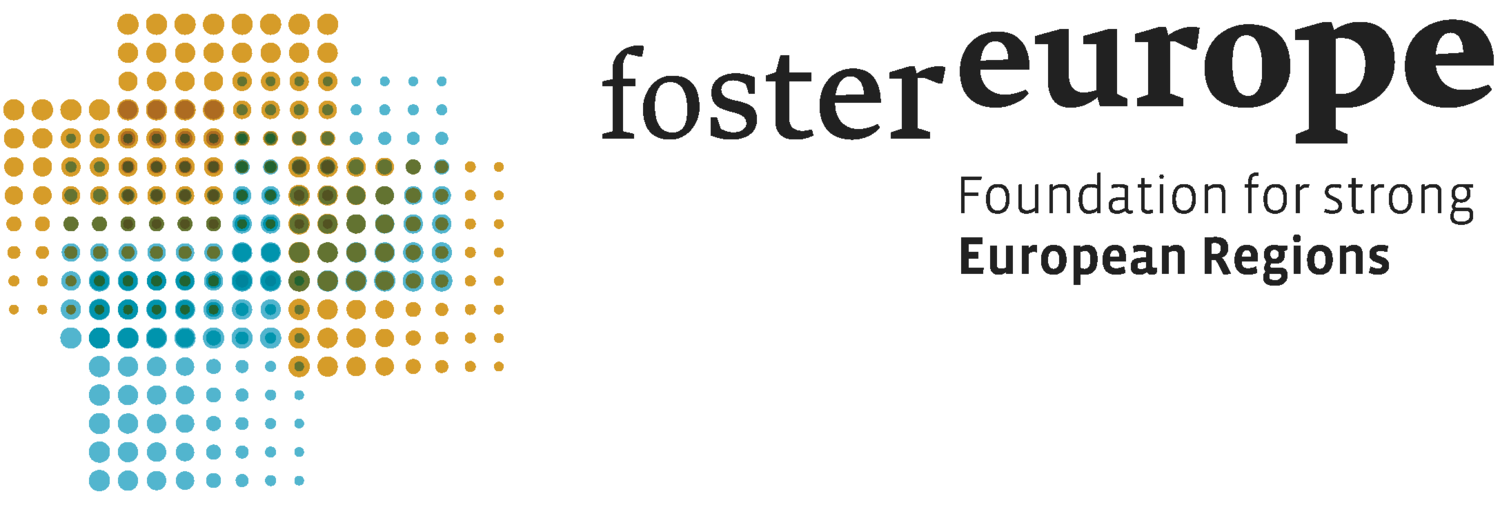Local event Rome - From Fascist Propaganda to Digital Misinformation: Lessons for Europe’s Next Generation
Guide book >> Italian PathHow do young generations understand the legacy of the Italian Resistance, and what does it mean for Europe’s future today? These were the central questions guiding the FREI project’s WP3 local workshop, hosted in Rome across two days of learning and active dialogue.
Exploring Propaganda: From the Fascist Era to Modern Political Communication
The event opened with a multimedia presentation titled “From State Propaganda to Current Public Political Communication: How Information Manipulation Changed in One Century.”
Through historical videos and photographs, students explored how propaganda operated during the twenty years of Fascism in Italy — and how manipulation persists today through more subtle forms of digital influence.
To support their participation, the high school students had already taken part in preparatory lessons provided by their teachers, based on materials shared by the project team.
A Direct Witness: Resistance, Ukraine, and European Integration
A key moment came with the testimony of Antonio Bompani (Base Italia), who connected the Italian resistance movements of the 20th century with current struggles for democracy — particularly in the context of the war in Ukraine.
His contribution highlighted how Europe’s integration was built on the values of freedom and resistance to authoritarianism — values still actively defended today.
World Café: Active Participation and Critical Thinking
Participants then engaged in a World Café workshop — a method designed to foster informal, open discussion in small rotating groups. Each group examined one of the following themes:
1. From Resistance to European Integration
How much knowledge do we have today? What is missing in public debate?
Students highlighted the need for more accessible civic education and better storytelling about Europe’s origins.
2. Propaganda: Then and Now
Which manipulation strategies persist in democratic societies?
Discussions focused on the role of social media, fact-checking, and responsibility in digital communication.
3. Future Perspectives
What risks do EU integration and democratic societies face?
Students explored possible scenarios for Europe’s political future — as well as the EU’s role as a guardian of the rule of law and peace.
With support from moderators, each group prepared posters summarizing their ideas, which were later presented during a collective debriefing.
Strong Engagement, Stronger Awareness
The workshop demonstrated that topics such as resistance history, disinformation, and Europe’s future remain highly relevant for young citizens. The enthusiasm and curiosity shown by participants — especially through active questioning and debate — suggest that younger generations care deeply about Europe’s democratic foundations.
Why It Matters
The Rome event confirmed a core assumption of the FREI project:
Understanding the past strengthens our capacity to defend democracy today.
By empowering students to analyse propaganda, evaluate information, and envision Europe’s future, WP3 contributes to building a more informed and resilient society.
Location: Rome, Italy
Dates: 15–16 October 2025
Participants: 47 attendees from 4 countries
Organised by: Consiglio Italiano del Movimento Europeo (CIME)











